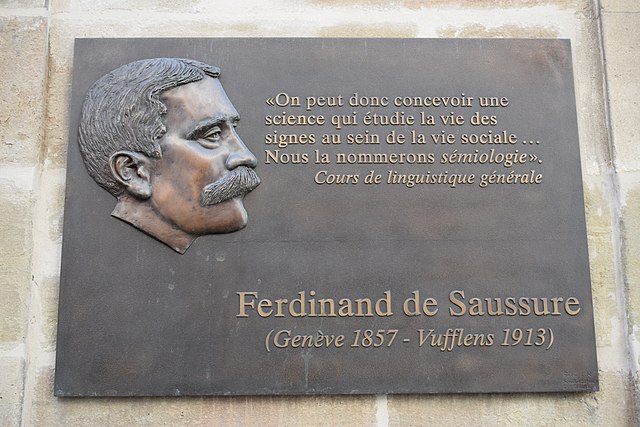In linguistics, language death occurs when a language loses its last native speaker. By extension, language extinction is when the language is no longer known, including by second-language speakers, when it becomes known as an extinct language. A related term is linguicide, the death of a language from natural or political causes, and, rarely, glottophagy, the absorption or replacement of a minor language by a major language.
Hittite script on a clay tablet
Linguistics is the scientific study of language. Linguistics is based on a theoretical as well as a descriptive study of language and is also interlinked with the applied fields of language studies and language learning, which entails the study of specific languages. Before the 20th century, linguistics evolved in conjunction with literary study and did not employ scientific methods. Modern-day linguistics is considered a science because it entails a comprehensive, systematic, objective, and precise analysis of all aspects of language – i.e., the cognitive, the social, the cultural, the psychological, the environmental, the biological, the literary, the grammatical, the paleographical, and the structural.
Swiss linguist Ferdinand de Saussure is regarded as the creator of semiotics


